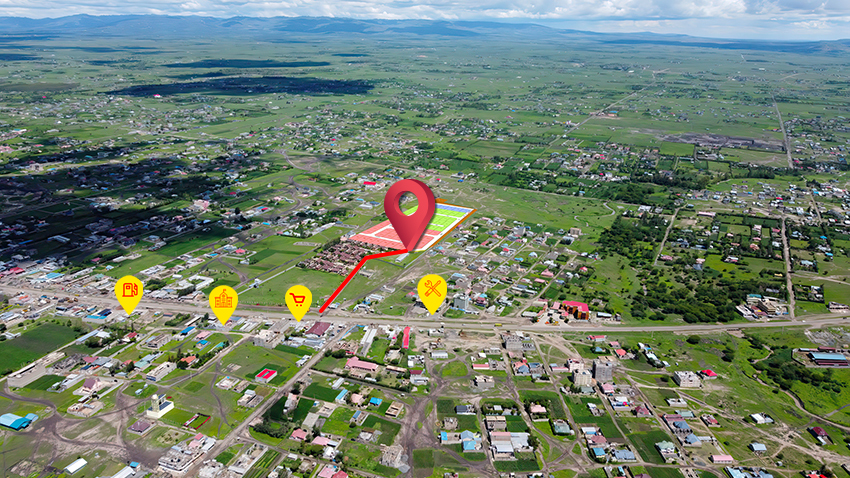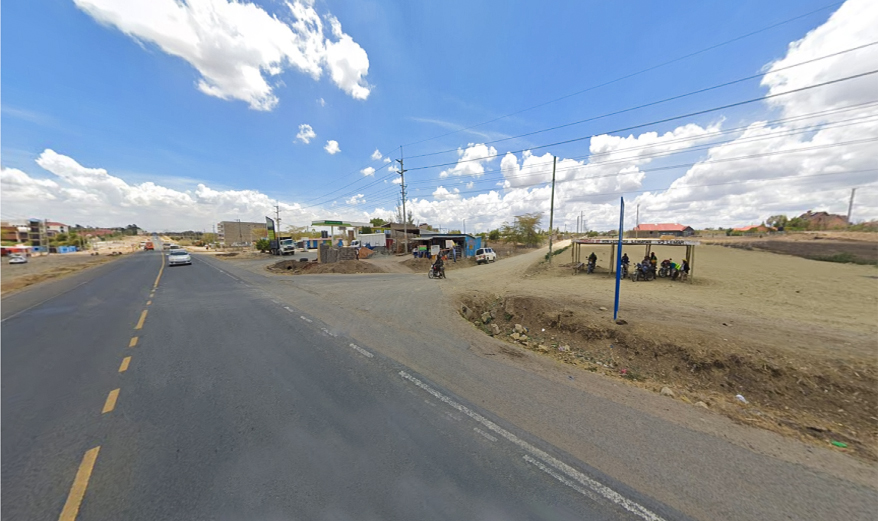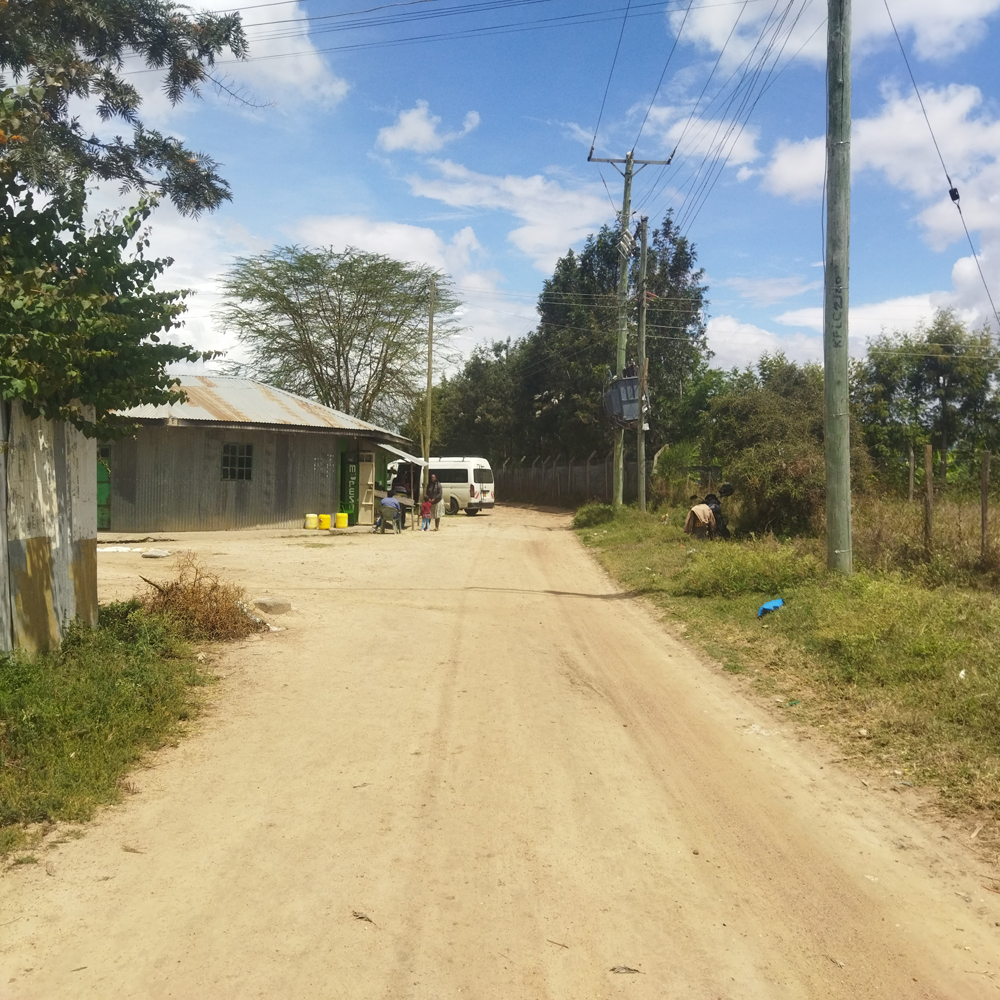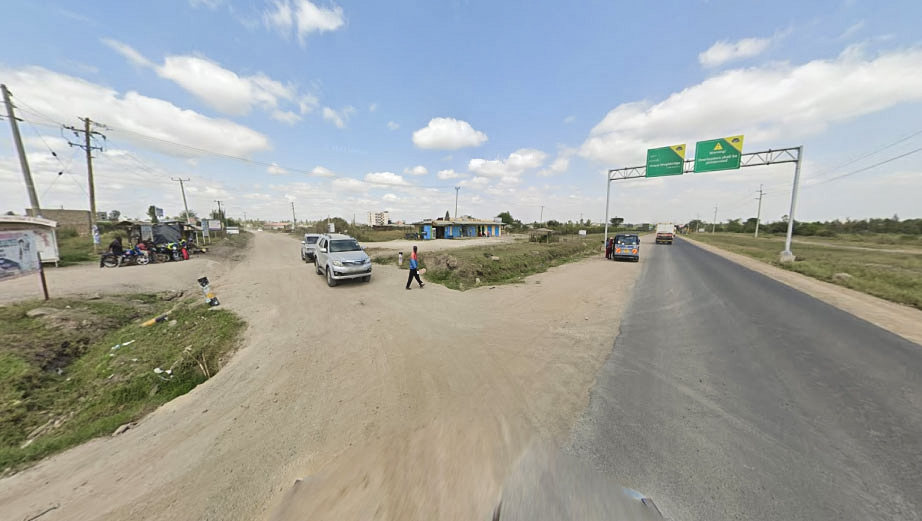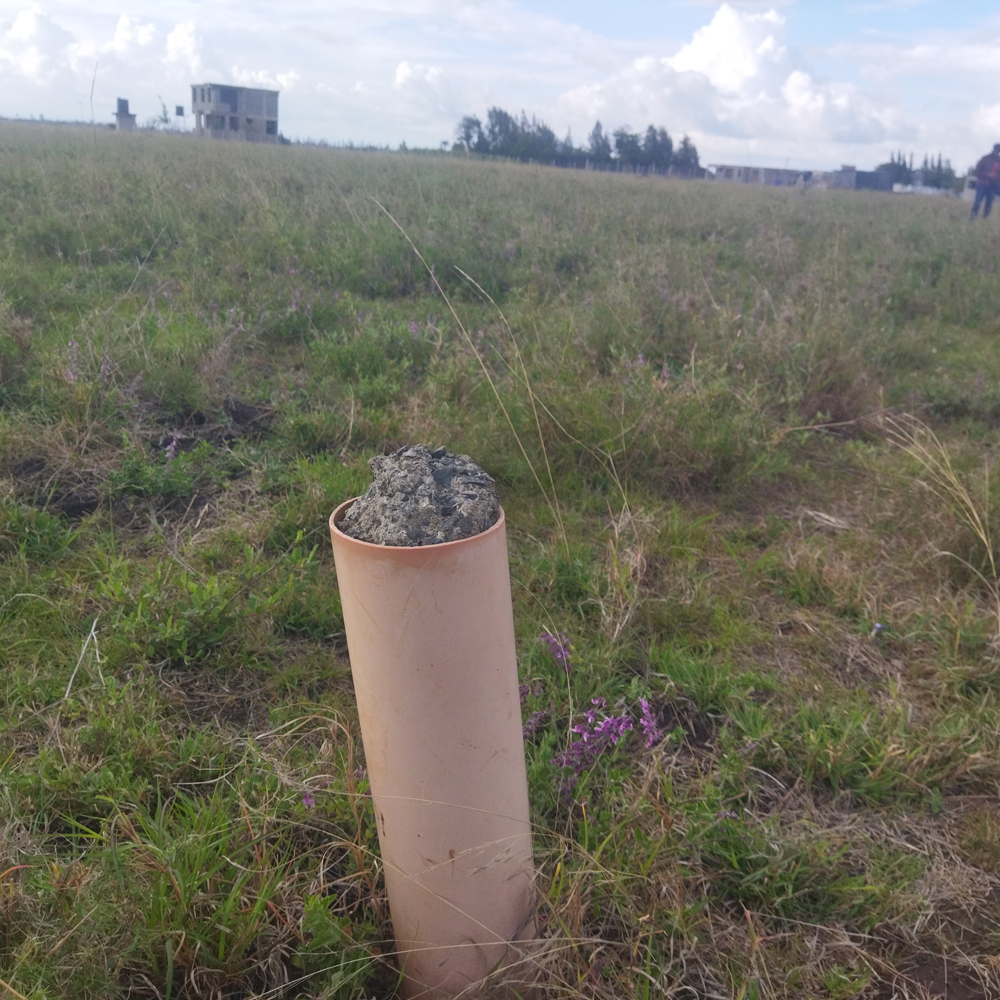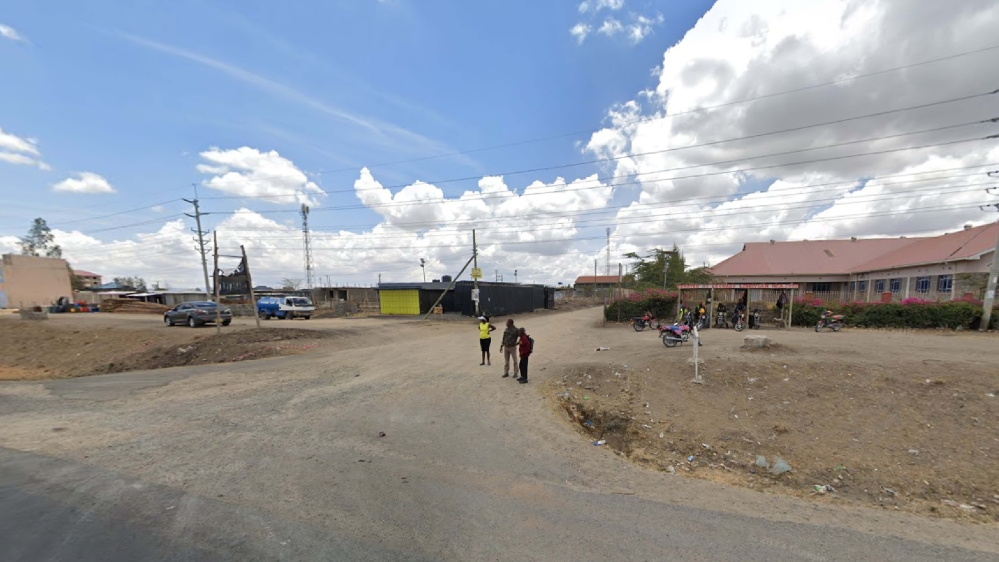Buying land in Kenya on installment terms is one of the most flexible and affordable ways to invest, especially if you’re not ready to pay the full amount upfront. However, this option also comes with risks. Many buyers lose money due to unclear terms, fake titles, or untrustworthy sellers.
In this guide, we explain how to buy land in Kenya on installments safely, what to watch out for, and how to protect yourself from common scams.
What Does Buying Land on Installments Mean?
Buying land on installments means paying for a plot gradually over an agreed period—usually between 3 and 24 months, depending on the seller.
A typical structure looks like this:
- Deposit: 20%–30%
- Monthly payments: Fixed amounts
- Title deed: Issued after full payment (or earlier, depending on agreement)
👉 View verified installment land options
Step-by-Step: How to Buy Land in Kenya on Installments (Safely)
1. Research Reputable Land Sellers
Not all installment plans are legitimate. Always deal with sellers who have:
- A physical office
- A strong online presence and reviews
- Verifiable client testimonials
- Clear pricing and payment timelines
Expert Tip:
Avoid sellers who operate only via WhatsApp or phone calls.
👉 Learn how we verify land sellers
2. Request a Full Payment Breakdown
Before paying anything, ask for a written breakdown showing:
- Total plot price
- Required deposit
- Monthly installment amount
- Payment duration
- Interest or extra charges (if any)
- Penalties for late or missed payments
This prevents hidden fees and future disputes.
3. Visit the Site and Confirm Beacons
Never buy land without visiting it physically.
During the visit, confirm:
- The land exists
- Road access is available
- Beacons are clearly placed
- You are shown your exact plot, not a general area
4. Verify Ownership and Title Deed
Request a copy of the title deed and conduct an official land search.
A search confirms:
- The registered owner
- Whether the land has caveats or charges
- If it’s freehold or leasehold
👉 Conduct a land search via the Ministry of Lands
https://lands.go.ke
Never rely on a photocopy or verbal assurance.
5. Sign a Clear Payment Agreement
A proper installment purchase must be backed by a written agreement outlining:
- Buyer and seller details
- Plot number and location
- Total price and payment schedule
- Default or delay clauses
- When and how the title deed will be issued
Always involve a licensed advocate, especially for long-term payment plans.
👉 Talk to a property lawyer or advisor
Internal link: /property-advisory
6. Keep Receipts for Every Payment
For every payment (bank, M-Pesa, or cheque), ensure you receive:
- Official receipts
- Updated statements showing balance
- Plot reference number
This documentation protects you legally.
Common Red Flags & Scams to Avoid
❌ Requests for full payment before site visits
❌ Extremely low prices with no documentation
❌ No formal payment schedule
❌ Vague promises about title deed timelines
❌ No receipts or written agreements
If a deal feels rushed or unclear—walk away.
Benefits of Buying Land on Installments
✔ Easier on cash flow
✔ Ideal for first-time and young investors
✔ Allows planning before building
✔ Common in high-growth areas like Joska, Kangundo Road, Juja, and Kitengela

